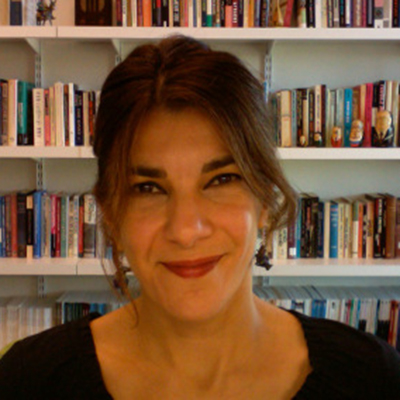
Welcome to the Department of Political Science at the University of Connecticut! Since 1947, our department has been indispensable to the success of CLAS and UConn in general. With close to 40 professors, our faculty embody and display an impressive level of intellectual diversity and productivity. They conduct cutting-edge research, publish in top journals, are regularly invited as keynote speakers, receive awards that bring national and international recognition to our department, and contribute extensively to professional organizations as well as communities from local to state to national and international. We have considerable representation in numerous interdisciplinary programs at UConn. Our Department offers an intellectual hub at the University, where we recognize and celebrate each others’ contributions and invite prominent scholars to give talks at our various workshops and colloquium. It is impossible to list all the accomplishments of our faculty here. Please check our newsletters to learn more!
Our faculty also have a reputation for excellent teaching. From a small number of students in 1947, the department has become one of the largest in the university; in any given year we have roughly 700+ political science majors. We serve thousands of undergraduate students in a wide array of interesting and creative courses — including those in our incredible Alan R. Bennett Honors program. Our faculty go above-and-beyond in their advising and service contributions to the university.
Our undergraduate program trains students to be active and constructive citizens providing them with research opportunities and experiences that demonstrate the real-world applications of their degree. And our students deliver. I would argue that they are by far the most active, engaged and award winning students at UConn. We offer a variety of internships, including in the US Congress, the CT General Assembly, law firms, state and federal agencies, and numerous advocacy groups. Our students have many opportunities to study abroad and get involved in organizations like the Pre-Law Society, the International Relations Club, the Model UN, the Pi Sigma Alpha Honor Society, the Undergraduate Political Review Journal, to name a few.
With its approximately 30 students, our graduate program also stands strong. In addition to our growing PhD program, we now have innovative, entrepreneurial masters programs which bring in ever more diverse and impressive students from all around the world. Our graduate programs encourage students to conduct their own research and work closely with faculty. Our low student-to-faculty ratio means that graduate seminars are typically small and students receive a great deal of individual attention from faculty members. Many of our graduate students move on to work at educational institutions or have successful careers in industry and public sector when they graduate.
And finally we are proud of the successes of our alumni. Many of our alumni have made notable contributions to society. Using data collected since 2016, UConn’s Center for Career Development survey shows that, on average, 39% of UConn’s Political Science graduates choose to continue their education; 34% of these students attend law school, while public administration and public policy are the next most popular fields of graduate study. Among the top institutions attended by our alumni are UConn, Boston College, American University, Columbia University, and Georgetown University. For our alumni who seek employment after graduation, top employers include Cigna, the CT General Assembly, the CT Judicial Branch, and ABC News, where alumni work as legal assistants, community engagement specialists, litigation paralegals, and research analysts. In 2023-2024, we also formed our first Alumni Advisory Board, which meets regularly to find new ways to increase communications and interactions between faculty, students and alumni.
Moving forward, we remain committed to the pursuit of knowledge and the advancement of our field. We will continue to explore new avenues of research and expand our programs to meet the evolving needs of our students and the wider community. In doing so, we need your help. Please consider donating to our Political Science Challenge Fund to help us create new and exciting programming for our students, award our students for their accomplishments, and generate more opportunities for our faculty to expand their research.
Please check our updated website and social media and come and visit us at SHH 409 in Storrs to learn more about our department.
Thank you for your interest in our department and please feel free to contact us with any questions/comments you may have.
Oksan Bayulgen
Professor and Department Head of Political Science